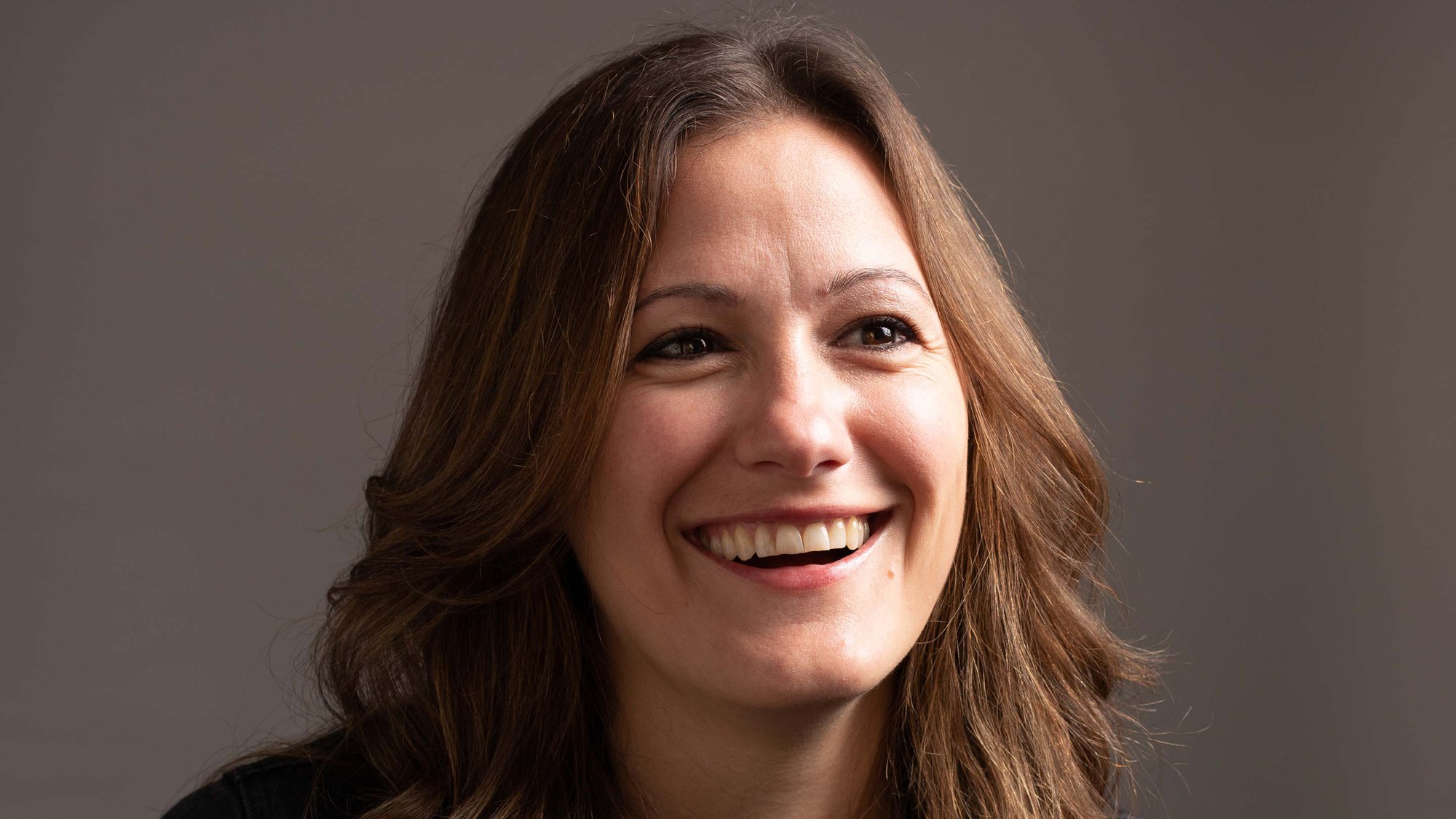Who can be a leader?
Leadership | Learning | Arts | CEO Chronicles
In the face of uncertainty, we often turn to leaders for wisdom, guidance, and strength. I don’t know about you, but there are plenty of people in positions of authority and influence right now who don’t inspire me — people who have betrayed their most vulnerable constituents, abandoned due process, and sunk to new levels of corruption and self-serving greed. If you’re asking yourself what leadership even means in a time like this, I can assure you that I’m right there with you: angry, confused, searching.
In reality, we know that leadership exists all around us, and within each of us. The first person to give up their seat to a grandma on the subway is, to me, a leader. If you look up the formal definition of “leader,” you get a lot of different options - from rankings to water conduits, from politics to orchestras. But I think the one that fits my definition the best is “a person who has commanding authority or influence,” because you can find authority and influence everywhere. Another definition to consider is “A leader is anyone who sees something that needs to be done and takes the first step to do it.” This one comes courtesy of my executive coach, Kelly Kienzle, who has helped me understand how a leader can show up in different scenarios over the past almost four years of working together.
My goal in pointing out several different definitions is to argue that there is no one definition of leader. In the context of an organization, a leader will of course be the CEO, but might also be the Specialist who is responsible for managing a project. In a musical theater project, it will be the Artistic Director, but it might also be the Dance Captain or the Stage Manager. In a film project, it will be the Director, but it might also be the set designer. Creating things together requires leadership in many flavors, and across every dimension.
On my own journey as a leader, I’ve found that stepping into positions of authority can be profoundly isolating. Hearing other leaders tell their stories — preferably about their messiest, murkiest leadership experiences — has consistently provided an antidote to that isolation. To me, learning out loud has a double magic to it, because it 1) dispels the myth that we’re facing anything alone and 2) lets other leaders try out their tools and tricks. Oftentimes, though, this kind of learning and comradery happens at leadership forums, over coffee, behind closed doors. In other words, it’s often reserved for people in high-ranking positions within traditional hierarchies. If there is no one definition of a leader, shouldn’t leadership storytelling happen out in the open for all to experience and benefit from?
That’s why I’ve decided to try something new, and begin sharing real-life learnings and stories in partnership with other leaders throughout the sector. This series, which we’re calling the CEO Chronicles, is new for me but firmly on brand for the organization I lead — Fractured Atlas has a long history of pulling back the curtain and learning out loud. Concretely, you can expect to see more of me in your inbox as I chat with fellow leaders about their stumbles, epiphanies, and learning journeys — and share a fair bit of my own!
As we move through another hot summer (with hopeful eyes locked on the midterm elections), I’d like to leave you with this reminder: leadership is all around us, and all it takes to be a leader is to use your own influence to get something done. As my voice teacher tells me, you are even the CEO of yourself, your own decisions, and your own artistry. This means that you, too, are a leader, even if the only person you’re influencing is yourself. So to all the leaders out there (yes, this includes you), I want you to know you’re not alone and that we can continue learning in community with one another through this one resource being created now, and through others that we might discover along the way.
In solidarity,
Theresa
About Theresa Hubbard
Theresa Hubbard is the CEO at Fractured Atlas. Since joining the Fractured Atlas team in February 2011, Theresa has provided support for more than 10,000 artists and arts organizations raising funds for their creative projects. She also develops educational resources for those artists and collaborates with the engineering team to design web-based fundraising tools. Theresa serves on the steering committee of the National Network of Fiscal Sponsors and is a regular presenter at conferences and festivals around the country. In 2016, she earned a Certificate in Arts and Culture Strategy through a partnership between National Arts Strategies and the University of Pennsylvania School of Social Policy and Practice. She also holds a Bachelor of Music degree in Voice Performance from Syracuse University and stays active in the New York choral community by serving on the board of the New York Choral Consortium and by singing with The Oratorio Society of New York and Brooklyn Conservatory Chorale.


